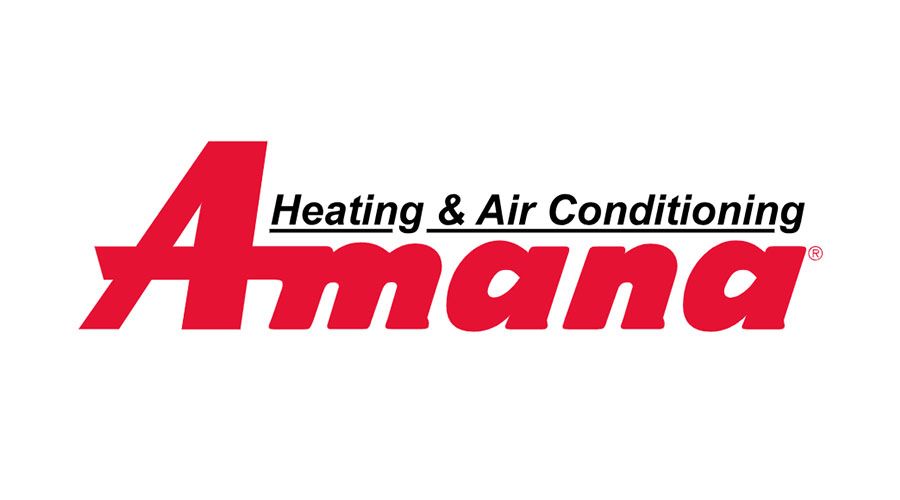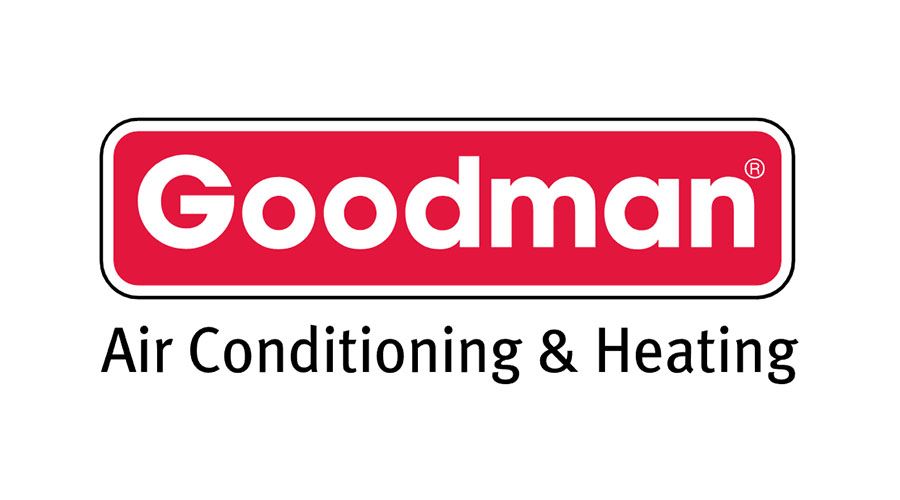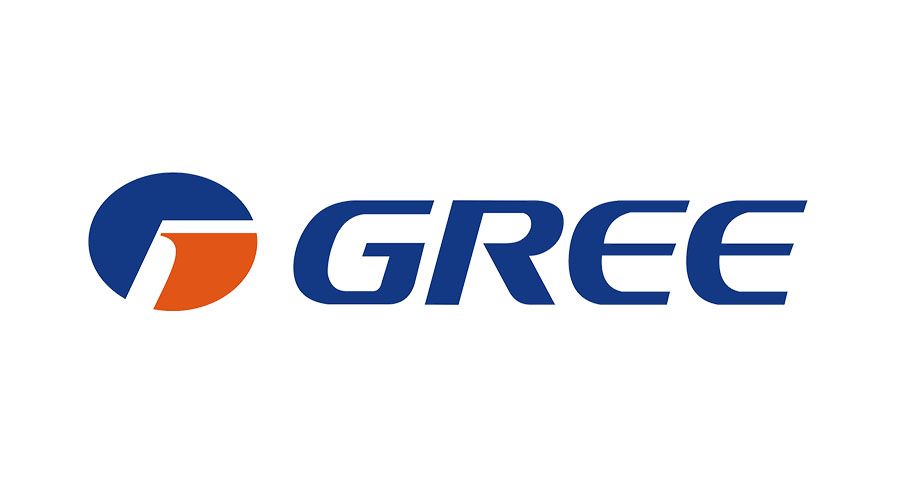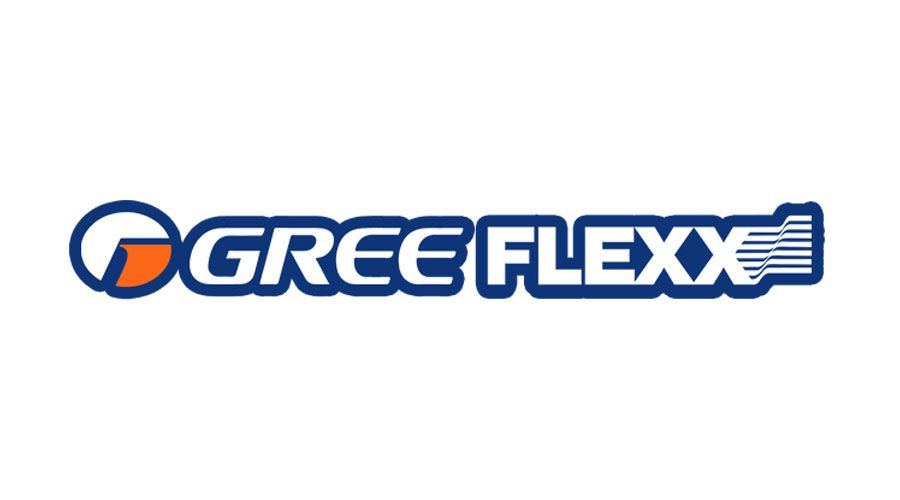FAQs
Diego HVAC LLC
Have an HVAC-related question? Diego HVAC LLC has the answer. Check out these FAQs and give us a call today for more information and a free estimate!
How often should I change my air filters?
As a general guideline, we recommend changing air filters monthly. However, the frequency may vary depending on your location and the presence of contaminants such as dust, pet dander, and other pollutants. It's advisable to inspect your filter regularly and replace it when it appears dirty.How often should I have my unit serviced?
Our heating and cooling experts suggest scheduling an annual inspection and service call for your HVAC system. During these visits, technicians will examine your system, lubricate components, and address any malfunctioning parts through repair or replacement to ensure optimal operation.Can I fix my noisy air conditioner myself?
We strongly advise against attempting to repair a noisy air conditioner without professional expertise. Without specialized knowledge of HVAC electrical systems and proper diagnostic tools, you risk personal injury and potential damage to your AC unit. Our experienced technicians can safely diagnose and resolve the issue.How big should my heating and cooling unit be?
Determining the appropriate size for your heating and cooling unit involves considering multiple factors, including your home's type, wall construction, insulation, and attic space. An oversized system may lead to excessive humidity and potential mold issues, while an undersized unit can result in constant operation and increased energy costs. Our qualified technicians can accurately assess your specific needs.If I replace my outdoor unit, do I also need to replace my indoor unit?
In most instances, replacing both the outdoor and indoor units simultaneously is recommended. Air conditioners and heat pumps are designed to work with matching indoor components for optimal efficiency and performance. Additionally, if both units were installed at the same time, the indoor unit is likely nearing the end of its lifespan as well. Replacing both units ensures system compatibility and provides comprehensive warranty coverage.Should I cover my unit in the fall and winter?
While covering your HVAC unit can prevent debris accumulation, it's important to exercise caution. If you plan to cover the unit during extended periods of non-use, ensure that you disconnect the power source beforehand. However, avoid operating the unit with the cover in place, as this can lead to complications. For any concerns about unit functionality, we recommend contacting our heating repair specialists for a complimentary assessment.What makes an AC unit freeze up?
Several factors can contribute to AC unit freezing, including refrigerant leaks due to wear and tear, which lower pressure and cause freezing. Insufficient refrigerant levels force greater expansion, resulting in colder temperatures that freeze moisture around the evaporator coil. Other potential causes include dirty evaporator coils and faulty blower motors. These issues require professional attention, and our trained technicians are equipped to diagnose and resolve such problems effectively.What is a zoning system?
A zoning system divides your ductwork into separate sections, allowing for individualized temperature control in different areas of your home. This enables more efficient cooling of sun-exposed rooms while reducing air conditioning in less frequently used spaces. The result is improved energy efficiency and enhanced comfort throughout your home. Our team can provide more detailed information about implementing zoning systems.How can I improve my indoor air quality?
Improving indoor air quality involves regular dusting and vacuuming. Additionally, our heating and air conditioning professionals can install specialized equipment such as UV light units, high-efficiency air filters, and electronic air cleaners to further enhance your indoor air quality.How do I find out if my unit is under warranty?
To determine if your unit is under warranty, locate the manufacturing date on the equipment's outer label. Generally, units less than five years old are likely covered by a warranty. For specific details, we recommend contacting the manufacturer directly. If you require assistance from experienced HVAC technicians, please don't hesitate to reach out to our company.






Share On: